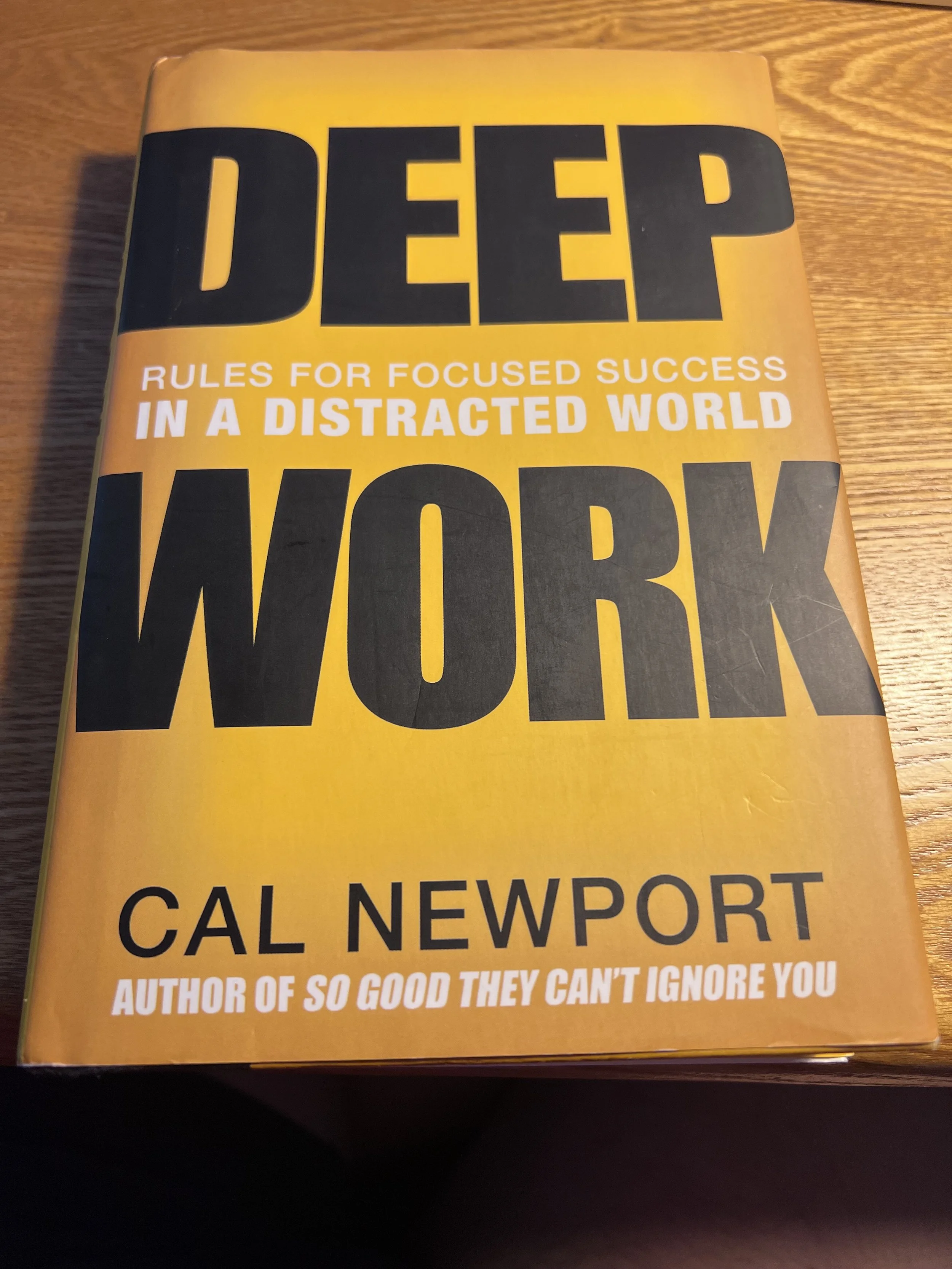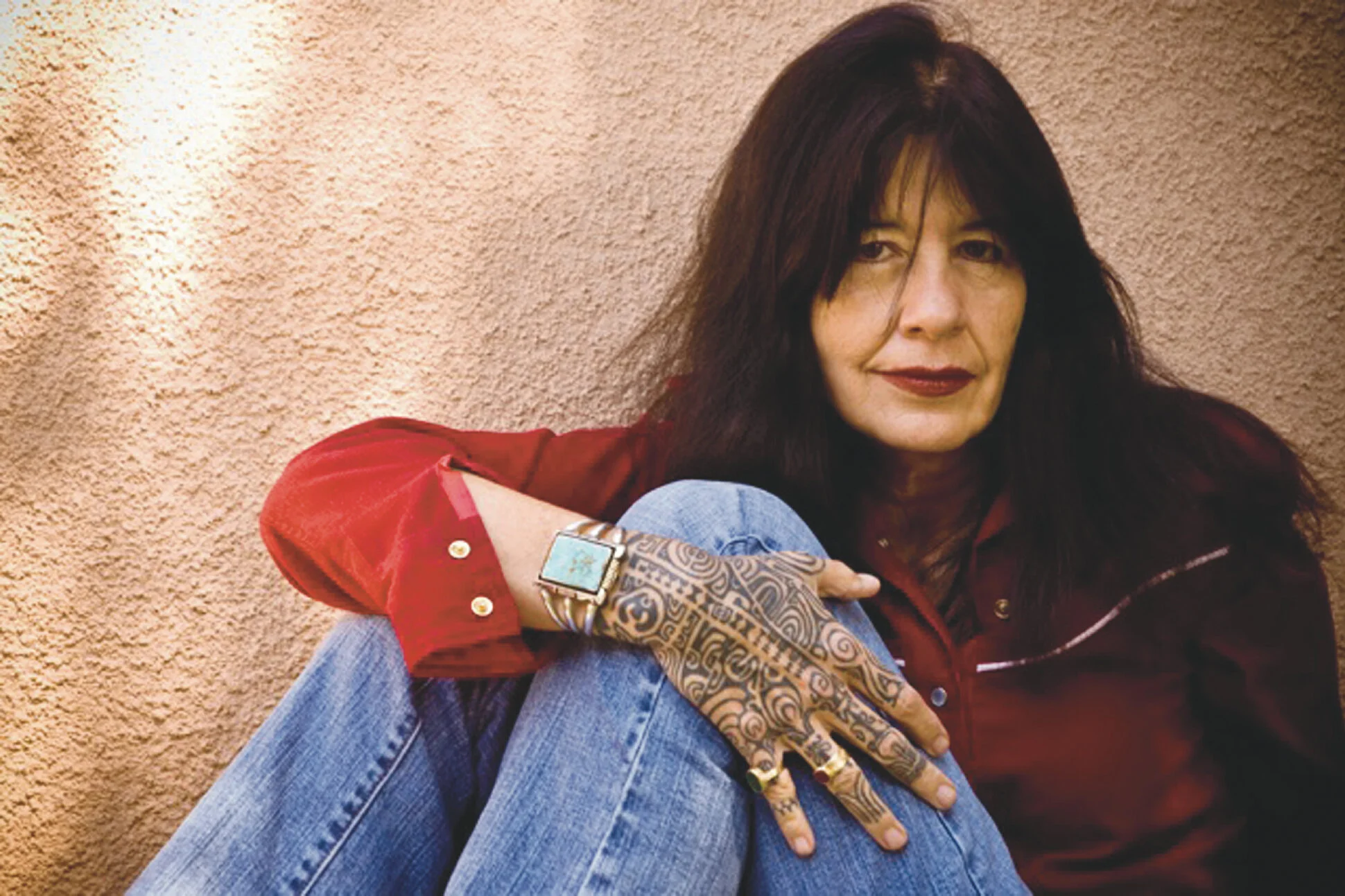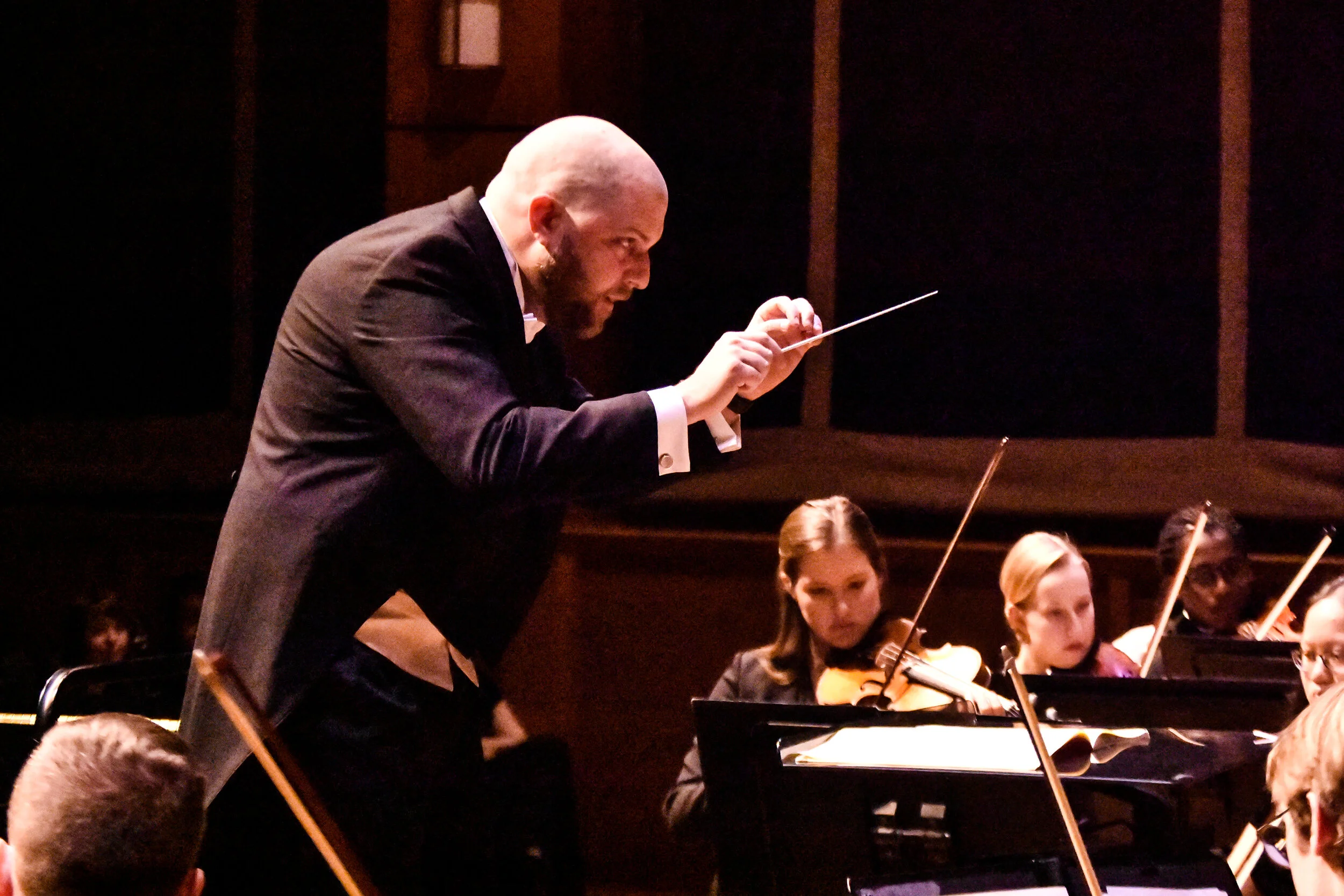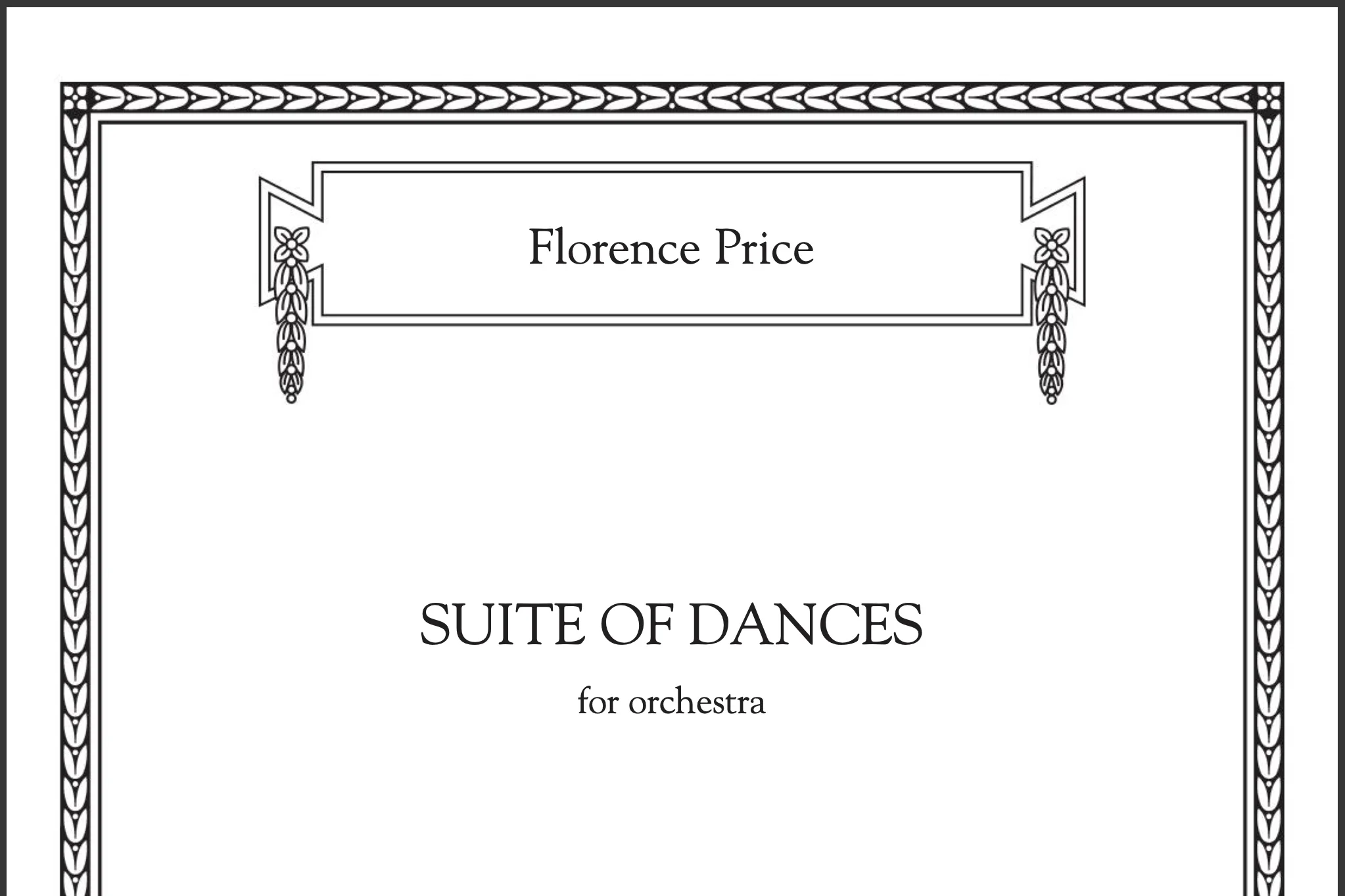I have always appreciated Kyle Gann’s website for its resources for Florence Price’s Symphony No. 3. Recently, I took time to investigate some of the other resources he freely provides, including his own compositions, as well as links to his many books and albums. Among the resources on the site is a terrific “Chronology of the Symphony: 1730-2019,” listing years and major symphonies composed and/or premiered that year.
I think we all want to come out of this undifferentiated sea of snackable, viral content, back and forth messages, contextless tweets, and seemingly meaningless work tasks, and move in the direction of books, records, marathons, no-tech camping trips, meditation retreats, long form journalism, 5000-piece puzzles, baseball, writing cabins, undistracted 2-hour coffee with a friend, and of course a night at the symphony or theater…. So in that context, though I hate to use a cliché, I think we need long form music—classical being one example—now more than ever, in this one particular way:
…it is time to finally and fully celebrate the vibrant history of all women and all persons of color who have been the creators and performers of some of music’s greatest riches as a regular part of the concert going experience. We must endeavor to honor Florence Price as a pioneer and secure her place in the musical canon through a rigorous exploration of her music and a zealous advocacy for her legacy.
SELINSGROVE — Susquehanna University’s Symphony Orchestra was awarded a $500 grant from Women’s Philharmonic Advocacy in recognition of its efforts to feature music composed by women.
…How a person or an organization spends its money speaks to what it cares about. And what is a season program, if not a musical budget?
In a year packed with highs, lows, and plenty of news, here’s a look back on some highlights, both worldwide and personal.
…At just 6 minutes, the Suite of Dances will make it possible for a complete work to receive performances on many additional programs where perhaps the cornerstone works have already been selected and a shorter work is desired.








